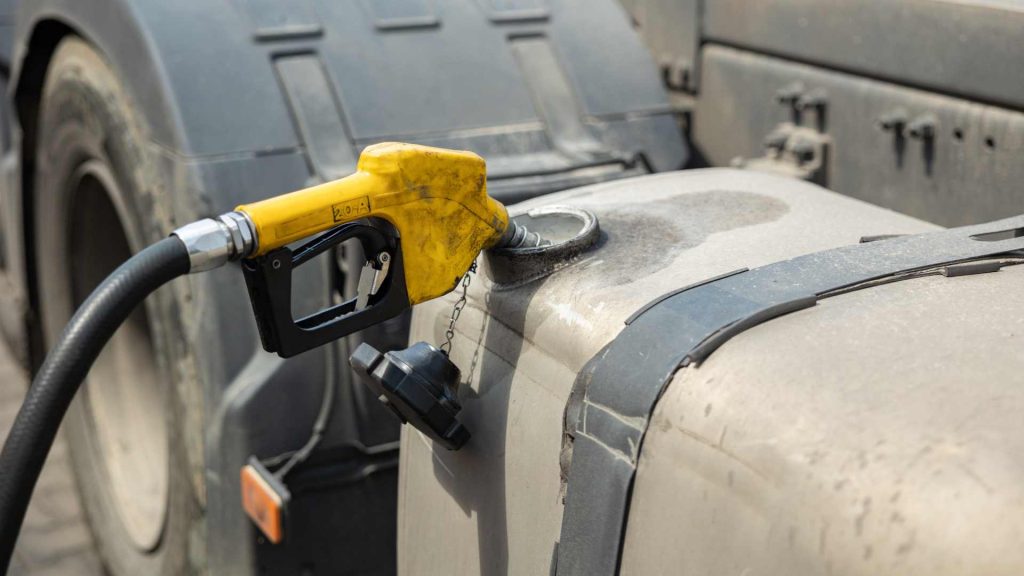
How Do I Track Fuel Expenses for a Fleet?
How Do I Track Fuel Expenses for a Fleet? Managing fuel expenses is a critical component of fleet operations, as fuel costs often represent a

The Importance of Proper Maintenance for Fuel Efficiency
Regular vehicle maintenance is one of the most effective ways to improve fuel efficiency and reduce operating costs. Poorly maintained fleet vehicles consume more fuel, suffer from reduced performance, and require costly repairs. Fleet managers must establish preventive maintenance schedules to keep vehicles in top condition, ultimately enhancing fuel economy and prolonging vehicle lifespan.
The engine is the heart of any vehicle, and keeping it well-maintained is crucial for optimal fuel performance. Key engine maintenance tasks include:
Tires play a significant role in a vehicle’s fuel consumption. Improperly inflated or worn-out tires increase rolling resistance, leading to higher fuel use. Best practices for tire maintenance include:
Excessive idling wastes fuel and increases emissions. Implementing strategies to minimize idle time can lead to significant cost savings:
An overheating engine can reduce efficiency and cause significant damage. To maintain optimal engine temperature and performance:
A well-functioning exhaust system helps improve fuel economy by ensuring optimal engine performance. Key maintenance steps include:
The quality of fuel used in fleet vehicles can directly impact fuel efficiency. Fleet managers should consider:
Reducing wind resistance and unnecessary weight can improve fuel efficiency. Fleet managers can take the following steps:
A well-structured preventive maintenance program ensures fleet vehicles remain in peak condition. Key components include:
Conclusion
Effective fleet maintenance is essential for maximizing fuel efficiency, reducing operational costs, and ensuring vehicle longevity. By following these maintenance tips, fleet managers can significantly improve fuel performance, enhance vehicle reliability, and reduce emissions. Fleet Gas Co provides expert resources and insights to help fleets implement fuel-saving maintenance strategies and achieve optimal efficiency.

How Do I Track Fuel Expenses for a Fleet? Managing fuel expenses is a critical component of fleet operations, as fuel costs often represent a

Technology Solutions for Fuel Management The Role of Technology in Fuel ManagementFuel costs are one of the largest expenses for fleet operations, making efficient fuel

Maintenance Tips for Optimal Fuel Performance The Importance of Proper Maintenance for Fuel EfficiencyRegular vehicle maintenance is one of the most effective ways to improve

Impact of Fuel Prices on Fleet Operations How Fuel Price Fluctuations Affect Fleet ManagementFuel costs are one of the largest operational expenses for fleet managers,

Cost Management for Fleet Fueling Understanding Fleet Fuel Costs and Their ImpactFuel expenses are one of the most significant costs for fleet operations, often accounting